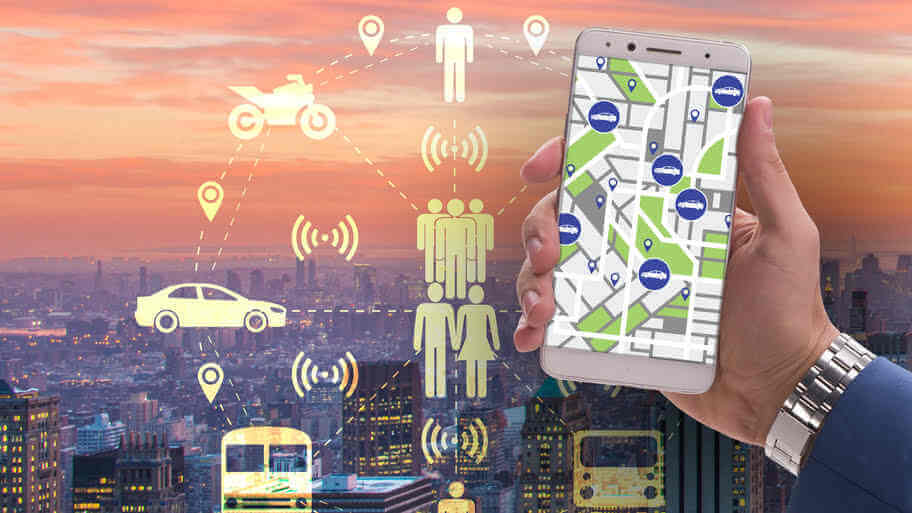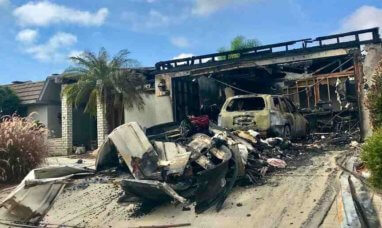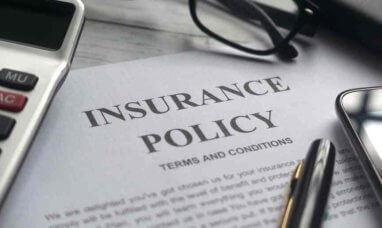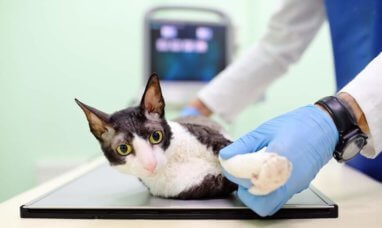While it is in any driver’s best interest to possess insurance for a personal vehicle, it is especially important for those who drive for rideshare services. While the company may provide insurance of their own, options like hybrid insurance will provide additional coverage above and beyond any that your employer may provide, making sure that you and your passengers are covered in a worst-case scenario. Learn more about the importance of rideshare insurance here.
Why Delivery Drivers Need Rideshare Insurance
The most important reason is, of course, protecting your liability and protecting passengers in the event of an accident. However, there is still more to consider. Since you are working in a job that requires more extensive use of your vehicle than is typical, your car insurance company may take that into consideration.
Added drive time is added opportunity to be involved in an accident. If they find out that you are engaging in this type of employment and you have not informed them of it, they may drop your insurance completely. It is in your best interest to be upfront with how you are using your car. A cheaper insurance rate won’t help you if it’s canceled altogether.
At any rate, they certainly will balk at covering any sort of accident that takes place while you are under the employ of a rideshare agency, whether it is Lyft, Uber, or App-based delivery service.
Insurance for Lyft and Uber
First, it is important to understand how Lyft and Uber coverage works. Unlike your standard run-of-the-mill policy which insures your vehicle at all times, these rideshare services are different. There are times when your automobile is only minimally covered, which can put you at much more risk if an accident occurs at an inopportune time.
That makes it important to have supplemental insurance for added protection, to make sure there are no gaps in your full coverage.
The problem is that rideshare insurance is not readily available everywhere, and if you are unable to acquire it, your next best bet is commercial insurance. This will provide adequate protection, but is considerably more expensive. That means a larger chunk of the profits for your work is going into self-preservation.
The Three Phases of Ridesharing Insurance
Let’s take a look at how typical Uber and Lyft insurance works. There are three phases of coverage throughout the process of passenger delivery.
Phase One
This phase is actually any time when your app is off. During this time, your personal insurance is in full effect and you are completely covered to the full extent of your policy.
Phase Two
This is the interim period when you have the app on but do not currently have an accepted passenger. This is a dangerous time because you are now “on the job” and your personal insurance no longer covers you.
To compound the problem, during this time your rideshare insurance only provides minimum liability insurance, which means that if you are in an accident during this time, only the other vehicles involved are covered.
Delivery App Drivers: Some, but not all delivery apps offer coverage during this time. Some require you to have your own insurance before they will even employ you.
Phase Three
This final phase begins from the moment that you accept a passenger request and continues through the entire passenger delivery process. During this time, your rideshare policy is providing full coverage.
Once you no longer have a passenger, the policy reverts to phase two until you turn off the app, which will place you back in personal insurance coverage mode.
Delivery App Drivers: While the food or groceries are in transit, any policy you have is in full effect as well.
Counting the Cost
Additional rideshare coverage will usually add somewhere in the neighborhood of $15 dollars a month to your insurance, although some insurers offer better deals. Always shop around to find the best option for your budget.
Special Circumstances
-
-
- Auto Insurance for Instacart Drivers – Be aware that if you are a third-party grocery shopper, you will need special rideshare insurance.
-
-
-
- Instacart Commercial Insurance – Instacart requires business insurance coverage. Be aware that commercial insurance is typically significantly more expensive than rideshare coverage.
-
-
-
- Budget Direct Rideshare Insurance – This type of insurance does not cover any forms of ridesharing employment.
-
-
-
- Insurance Verification for Uber – This process takes less than 24 hours usually, although they will not notify your insurance company that you are ridesharing. Don’t take the risk, though: protect yourself.
-
-
-
- Private Hire Insurance Uber – There are options available for private insurance with competitive rates if you prefer.
-
The Process of Buying
-
-
- Make sure your insurance company is aware that you are about to engage in a ridesharing service.
-
-
-
- Discover if they have a plan that can bridge the gap between the two insurances and if not, find out how much their commercial insurance costs.
-
-
-
- Figure out what the gaps in your coverage are so that you can shop around and find the best plan for your budget and protection.
-
-
-
- The following major insurance companies offer some sort of rideshare protection: Geico, Allstate, Farmers, State Farm, Mercury, Progressive, Travelers, Esurance, and more.
-
How to Make a Claim in the Event of an Accident
No matter the situation or whichever phase the accident occurs, your first priority is to contact the police to let them know an accident has occurred. Make sure you have evidence of your insurance coverage and rideshare policy.
Next, notify both your personal insurance and your rideshare company or delivery app, employer. Your personal insurance company will find out and if you do not notify them yourself, they may decide to drop your coverage.
The Bottom Line
Failing to fill the gaps in your insurance coverage can cost you. Driving without rideshare coverage can cause you to lose your personal insurance, and accidents during specific phases of ridesharing are not fully covered.
This means that you should probably have rideshare coverage as a supplement to make sure you are always covered, but be aware that this type of insurance is not available everywhere. Failing that, you can acquire more expensive commercial insurance.
Featured Image: Megapixl








